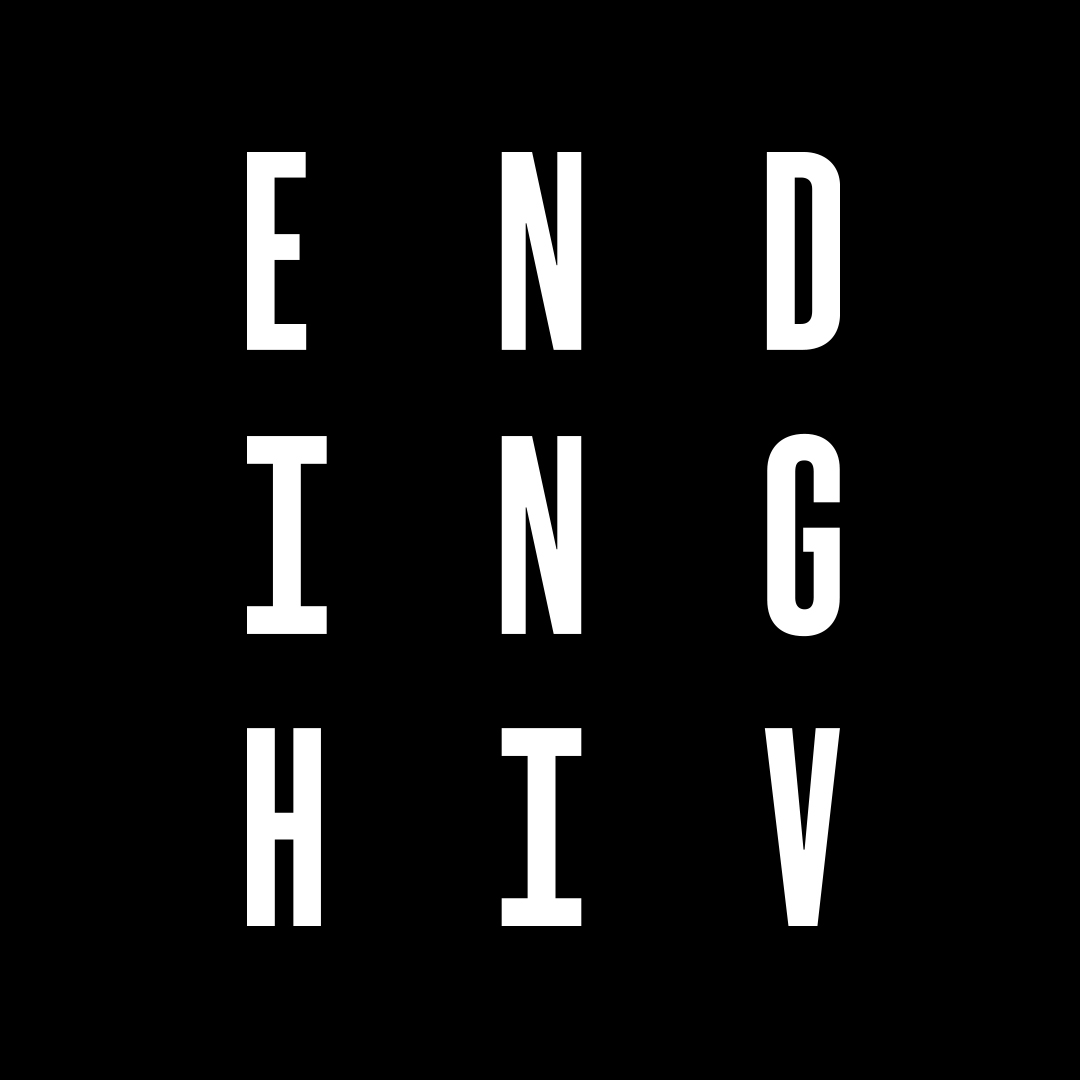How often should I test for HIV and STIs?
Once upon a time, figuring out how often to test was more complex. Knowing when to test was once determined by the number of your partners, but updates to the HIV and STI Testing Guidelines have made things much simpler.
How often should I test for HIV and STIS?
If you are a guy who has sex with other guys and you’ve had at least one casual parter in the past three months, then you should be getting tested for HIV and STIs four times a year, or once every three months. Simple!
That includes every guy who is sexually active, regardless of how many partners, the type of sex you’re having and the kind of HIV prevention strategies you might be using (such as condoms, PrEP or undetectable viral load).
How often should I test if I haven’t had sex since my last HIV test?
If you haven’t had any sex since your last negative test result and are certain you are HIV negative, then you don’t need to get a test. How to be sure you’re neg? You need to have had two tests taken 3 months apart (called the window period) where you’ve had no sex in between the tests, and the results for both were negative.
However, if this changes and you start getting some action, you should schedule an HIV and STI test and then continue to test every three months.
What if I’m in a monogamous relationship?
If you’re in a monogamous relationship and have already tested to know that you are HIV negative, then you can test less frequently, but you should get to the clinic at least once a year.
Do I still need to get tested if I’ve been practising safe sex?
Even if you have been practising safe sex it is still recommended that you test four times a year.
While condoms remain highly effective at preventing HIV, you may not know when they have broken. Additionally, HIV negative people on PrEP or HIV positive people with an undetectable viral load are still susceptible to other STIs, so it’s a great idea to continue to screen for other STIs like syphilis, chlamydia and gonorrhoea.
I’ve had unsafe sex
If you’ve engaged in unprotected sex (i.e. where neither condoms, PrEP or an undetectable viral load were in the picture) or if you think you may have been exposed to HIV, then you should get tested immediately and consider commencing PEP.
This is important both for your own health and for your sexual partners.
If you’re going to start PEP (which stands for Post-Exposure Prophylaxis – a short course of HIV treatment medication which can prevent you from being infected with HIV), you should do so as soon as possible after the risk event. Ideally, you should commence treatment within a few hours. If PEP is not started within 72 hours (3 days), it becomes less effective and may not work.
How to start an effective testing routine
Starting an effective testing routine is as simple as booking your first test! Find a testing service near you here. Once you are in the clinic, as part of your check-up, some places may offer the opportunity to send you a reminder of your next HIV test, usually via SMS or email. Alternatively, use our Remind Me tool here to get alerts when it’s time to test.
